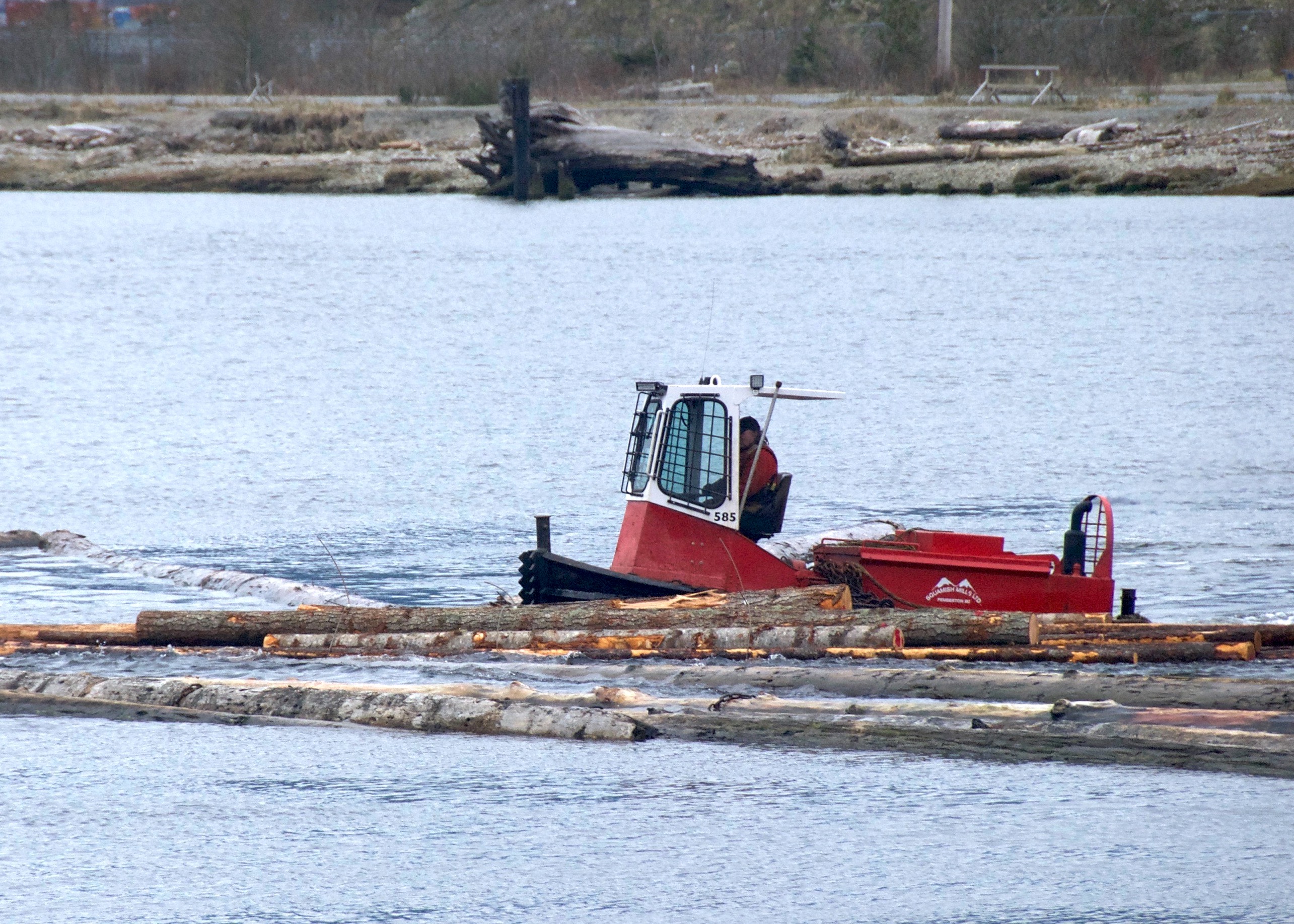
BC adds fee to exported logs in bid to keep manufacturing at home
July 11, 2019
By P&PC staff

In an effort to increase fibre supply to B.C. mills, the province has applied a new, targeted fee-in-lieu of manufacturing for exported logs harvested from a Coastal B.C. timber sales licence.
The fee-in-lieu is one of the changes that came out of the B.C. Coast revitalization initiative the government launched last year, with the aim of transforming the Coast’s forest sector.
The fee will be dependent on the economics of individual stands. Stands containing high-value species and that are easily accessible will have a higher fee than stands with low-value species that are remote and difficult to access.
“For too long government policies encouraged exporting logs even when there were local mills that couldn’t get access to fibre,” says Doug Donaldson, minister of forests, lands, natural resource operations and rural development. “This change will give B.C. mills more opportunity to get the fibre they need.”
Forest communities in more remote areas of the B.C. Coast will benefit from other changes government has made to allow the continued harvest of timber in uneconomical areas, which will help maintain jobs and make additional logs available to local mills.
“As part of our revitalization of the Coast forest sector, we’re making sure these forest communities can continue to harvest in uneconomical areas so they have access to timber that otherwise wouldn’t normally be harvested,” says Donaldson.
While log exports will likely continue in areas that are remote and difficult for forest companies to access, the change will allow continued timber harvesting in coastal forests that have low-grade timber, so that forest communities facing economic challenges can maintain jobs in the harvesting sector and provide fibre to local mills.
Stands of timber in more remote areas of the coast may not be economical to harvest if they have a high proportion of low-grade wood and operating costs are high to harvest that wood. This will be in effect for five years, starting July 31, 2019. Companies will still have to demonstrate that stands are uneconomical to qualify.
Forest communities that will benefit from the change on the BC coast are in Nass, mid-Coast, North Coast, northwest Interior and Haida Gwaii. As well, the Soo Timber Supply Area is now included to allow continued harvesting in otherwise uneconomical stands in that area.
In 2017, the coastal forest sector generated more than 24,000 direct jobs and $3.1 billion in gross domestic product. However, over most of the last two decades, timber harvesting on Crown land has declined and lumber and pulp production has diminished, resulting in reduced employment and significant increases in log exports.
Print this page